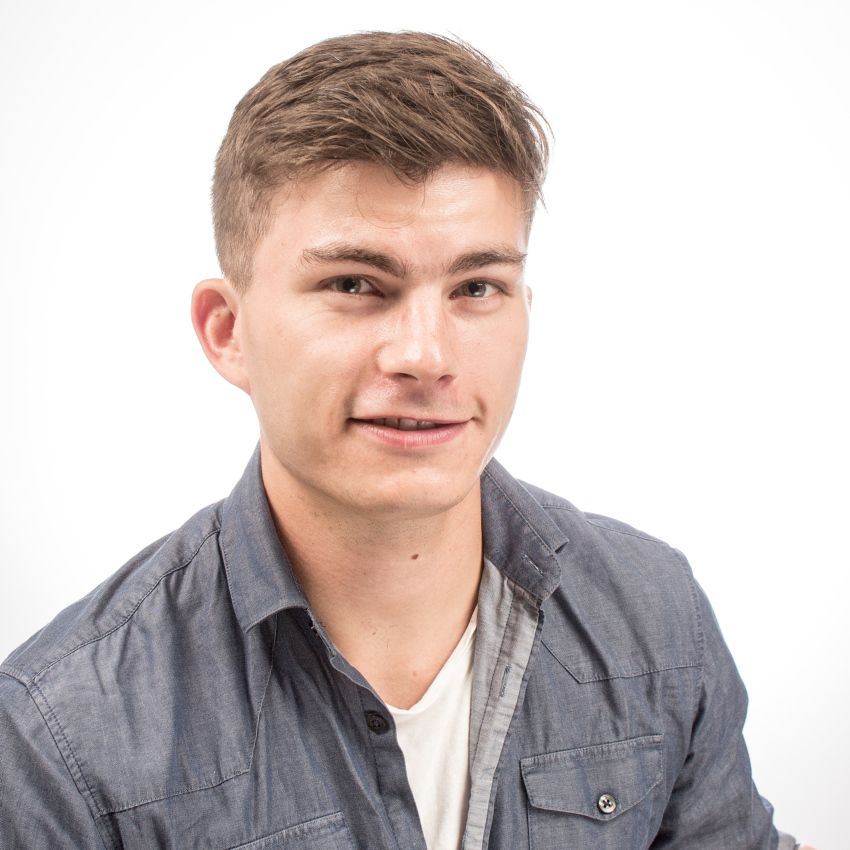PhD candidate modelling impacts of marine invasive species
"My goal is to distinguish introduction pathways of invasive species in marine environments and quantify the impacts of invasive species on marine ecosystems"

Having scuba dived since 2008 I have experienced first-hand the immense biodiversity loss in some marine ecosystems – now there is an opportunity to map and mitigate some of the damage. My name is Philip Gjedde, my double master’s programme in Residual Resource Engineering and Industrial Ecology on DTU (Denmark) and NTNU (Norway) have now led me to working in the Industrial Ecology programme in the Department of Energy and Process Engineering at NTNU as a PhD in the ATLANTIS project.

I wrote my master’s thesis under supervision of Associate Professor Johan Berg Pettersen on NTNU regarding Life Cycle Assessment (LCA) of bauxite residue utilization schemes in the European construction sector in collaboration with the RemovAl project. The importance of including a spatial context in the LCA framework then became evident to me and working with this challenge has motivated me further in developing tools for LCA and environmental assessments. A major gap in the LCA framework is the lack of modelling tools for marine impacts on a regional and global scale.

My experience related to the ATLANTIS project lies mainly in LCA, ecology, and general environmental engineering where data collection, modelling and statistics are in focus. My goal is to distinguish introduction pathways of invasive species in marine environments and quantify the impacts of invasive species on marine ecosystems – throughout “the seven seas”. I am thrilled, to say the least, about this challenge. I believe innovative thinking and collaboration with people of different skill sets will allow us to expand the already vast toolkit within the LCA framework to also include the last 70% of our planet's area: The ocean.

